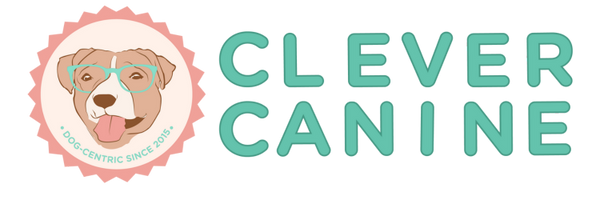Puppy Care: Essential Guidance for Raising a Happy, Healthy Puppy
Bringing a puppy into your home is an exciting and joyful experience. However, it also comes with responsibilities that can set the foundation for a happy and well-adjusted adult dog. Here’s a comprehensive guide on puppy care, covering socialization, vaccinations, and early training to help you navigate this important stage of your pup’s life.
1. Socialization: The Key to a Well-Adjusted Dog
What It Is: Socialization is the process of exposing your puppy to different people, environments, and other animals to help them become confident and well-rounded.
How to Implement:
- Start Early: Begin socializing your puppy between 3 and 14 weeks of age, as this is a critical period for development.
- Varied Experiences: Introduce your puppy to different settings, sounds, surfaces, and a variety of people and dogs. This helps them learn to adapt to new situations.
- Positive Reinforcement: Use treats and praise to reward your puppy for calm and friendly interactions during socialization sessions.
2. Vaccinations: Protecting Your Puppy’s Health
Why It’s Important: Vaccinations are crucial for protecting your puppy from serious diseases and ensuring their overall health.
How to Implement:
- Consult Your Vet: Schedule a visit to your veterinarian to create a vaccination plan tailored to your puppy’s needs. Common vaccines include those for parvovirus, distemper, and rabies.
- Follow the Schedule: Keep track of vaccination dates and ensure your puppy receives all recommended shots in a timely manner.
- Boosters: Remember that puppies will require booster shots as they grow, so be sure to maintain regular vet check-ups.
3. Early Training: Setting the Stage for Good Behavior
What It Is: Early training focuses on teaching your puppy basic commands and proper behavior, laying the groundwork for lifelong learning.
How to Implement:
- Start with Basics: Teach essential commands like “sit,” “stay,” “come,” and “down.” Use positive reinforcement to encourage learning.
- Short Sessions: Keep training sessions short (5-10 minutes) to maintain your puppy's attention and enthusiasm.
- Consistency is Key: Use the same commands and gestures every time to avoid confusing your puppy. Consistency helps reinforce learning.
4. Housebreaking: Creating a Bathroom Routine
What It Is: Housebreaking teaches your puppy where it’s appropriate to relieve themselves.
How to Implement:
- Frequent Breaks: Take your puppy outside regularly—after meals, playtime, and naps. This helps establish a routine.
- Designated Spot: Choose a specific outdoor spot for bathroom breaks, so your puppy learns to associate that area with going potty.
- Reward Success: Praise and reward your puppy immediately after they go outside, reinforcing the behavior.
5. Nutrition: Feeding Your Growing Puppy
Why It’s Important: A balanced diet is essential for your puppy’s growth, development, and overall health.
How to Implement:
- Quality Puppy Food: Choose high-quality puppy food formulated for their age, size, and breed. Consult your vet for recommendations.
- Feeding Schedule: Establish a regular feeding schedule, typically three to four meals a day for puppies.
- Monitor Weight: Keep an eye on your puppy’s weight and adjust portions as necessary to prevent obesity.
6. Regular Vet Check-ups
What It Is: Routine veterinary visits are essential for monitoring your puppy’s health and addressing any concerns early on.
How to Implement:
- Schedule Visits: Take your puppy to the vet for regular check-ups, vaccinations, and preventative care.
- Discuss Concerns: Bring up any behavioral or health concerns you have, no matter how minor they may seem.
Conclusion
Raising a puppy can be challenging, but it’s also immensely rewarding. By focusing on socialization, vaccinations, early training, and proper nutrition, you can help your puppy grow into a well-adjusted and healthy adult dog. Remember to be patient, enjoy the journey, and cherish the moments you share with your new best friend!
